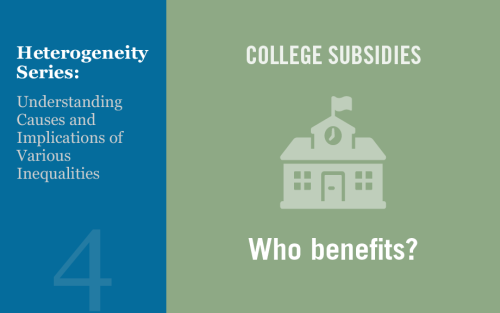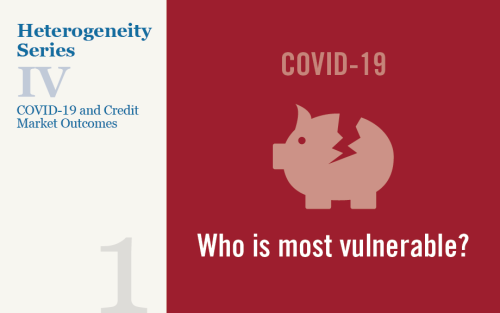Credit Score Impacts from Past Due Student Loan Payments

In our companion post, we highlighted how the pandemic and subsequent policy actions disrupted trends in the growth of student loan balances, the pace of repayment, and the classification of delinquent loans. In this post, we discuss how these changes affected the credit scores of student loan borrowers and how the return of negative reporting of past due balances will impact the credit standing of student loan borrowers. We estimate that more than nine million student loan borrowers will face significant drops in credit score once delinquencies appear on credit reports in the first half of 2025.
Student Loan Balance and Repayment Trends Since the Pandemic Disruption

This month marks five years since the start of the COVID-19 pandemic, after which subsequent policy responses upended most trends underlying student loans in the U.S. Beginning in March 2020, executive and legislative actions suspended student loan payments and the accumulation of interest for loans owned by the federal government. In addition, federal actions marked all past due and defaulted federal student loans as current, driving the delinquency rate on student loans below 1 percent by November 2022. Payments on federal student loans resumed in October 2023 after forty-three months of suspension. This post is the first of two highlighting trends in balances, repayment, and delinquency for student loans since the beginning of the COVID-19 pandemic and how trends may shift without pandemic supports.
Is Free College the Solution to Student Debt Woes? Studying the Heterogeneous Impacts of Merit Aid Programs

The rising cost of a college education has become an important topic of discussion among both policymakers and practitioners. At least eleven states have recently introduced programs to make public two-year education tuition free, including New York, which is rolling out its Excelsior Scholarship to provide tuition-free four-year college education to low-income students across the SUNY and CUNY systems. Prior to these new initiatives, many states, including New York, had already instituted merit scholarship programs that subsidize the cost of college conditional on academic performance and in-state attendance. Given the rising cost of college and the increased prevalence of tuition-subsidy programs, it’s important for us to understand the effects of such programs on students, and whether these effects vary by income and race. While a rich body of work has studied the effects of merit scholarship programs on educational attainment, the same is not true for the effects on financial outcomes of students, such as debt and repayment. This blog post reports preliminary findings from ongoing work, which is one of the first research initiatives to understand such effects.
Diplomas to Doorsteps: Education, Student Debt, and Homeownership
Grading Student Loans
Student loans support the education of millions of students nationwide, yet much is unknown about the student loan market.













 RSS Feed
RSS Feed Follow Liberty Street Economics
Follow Liberty Street Economics